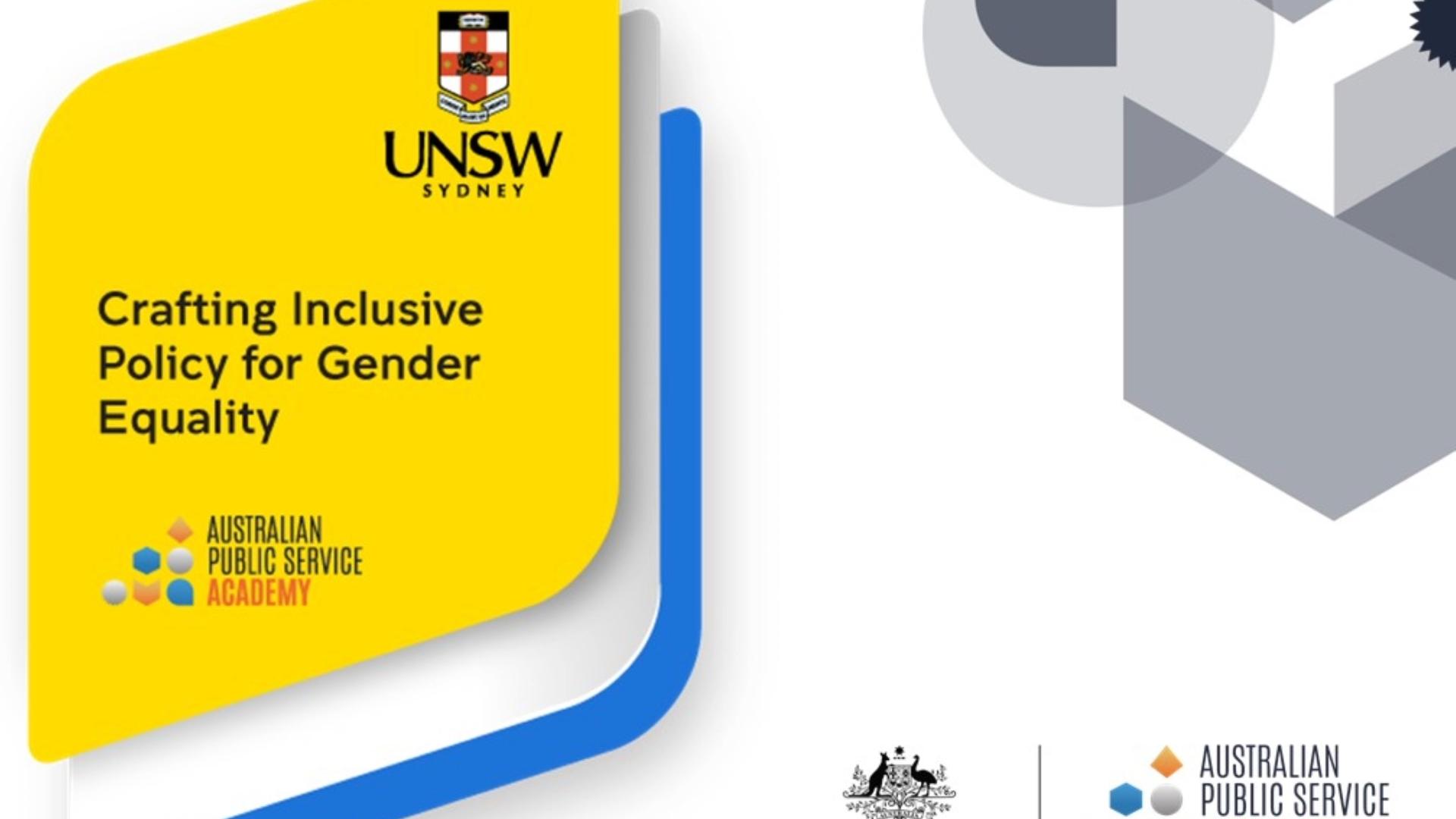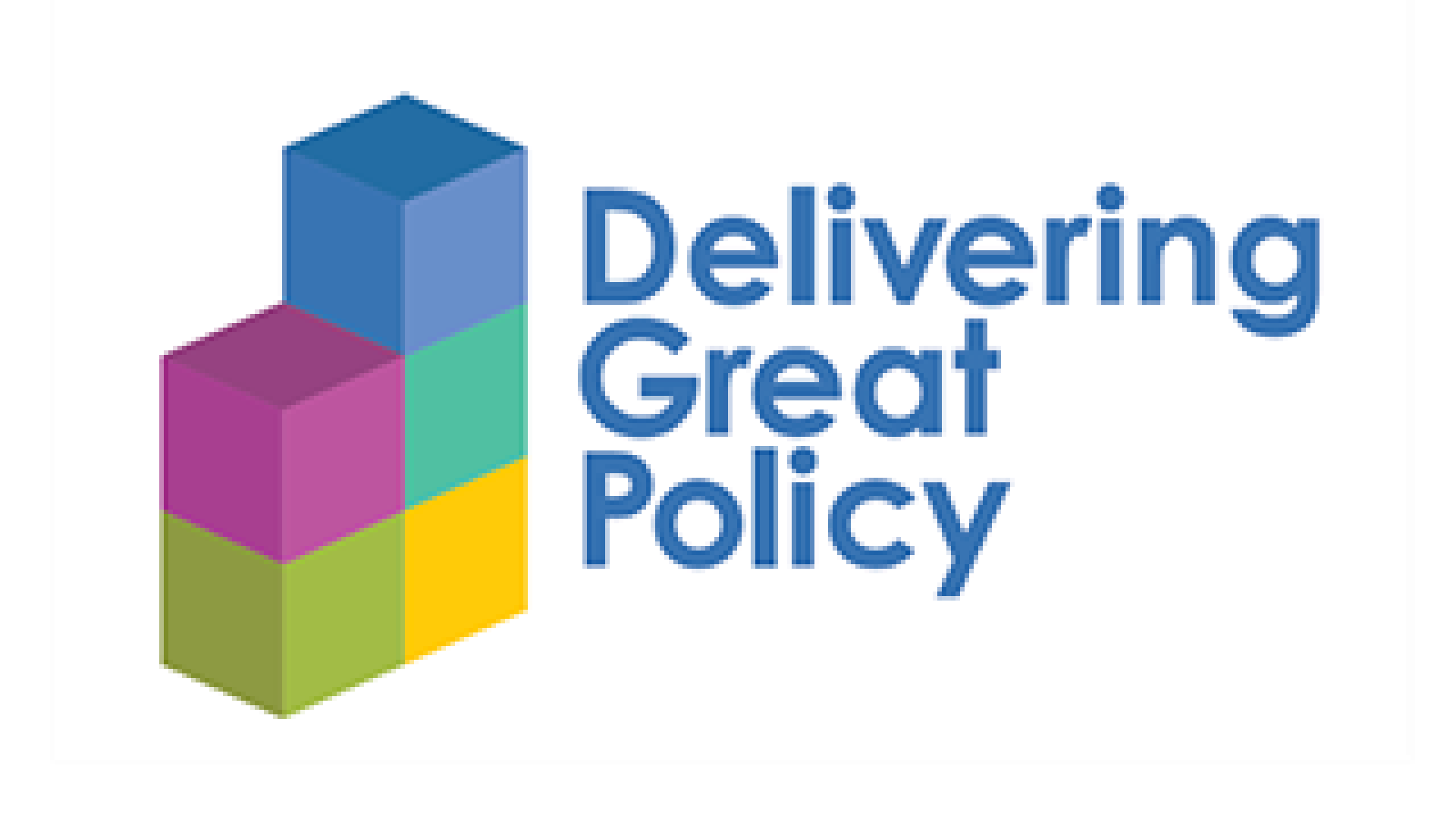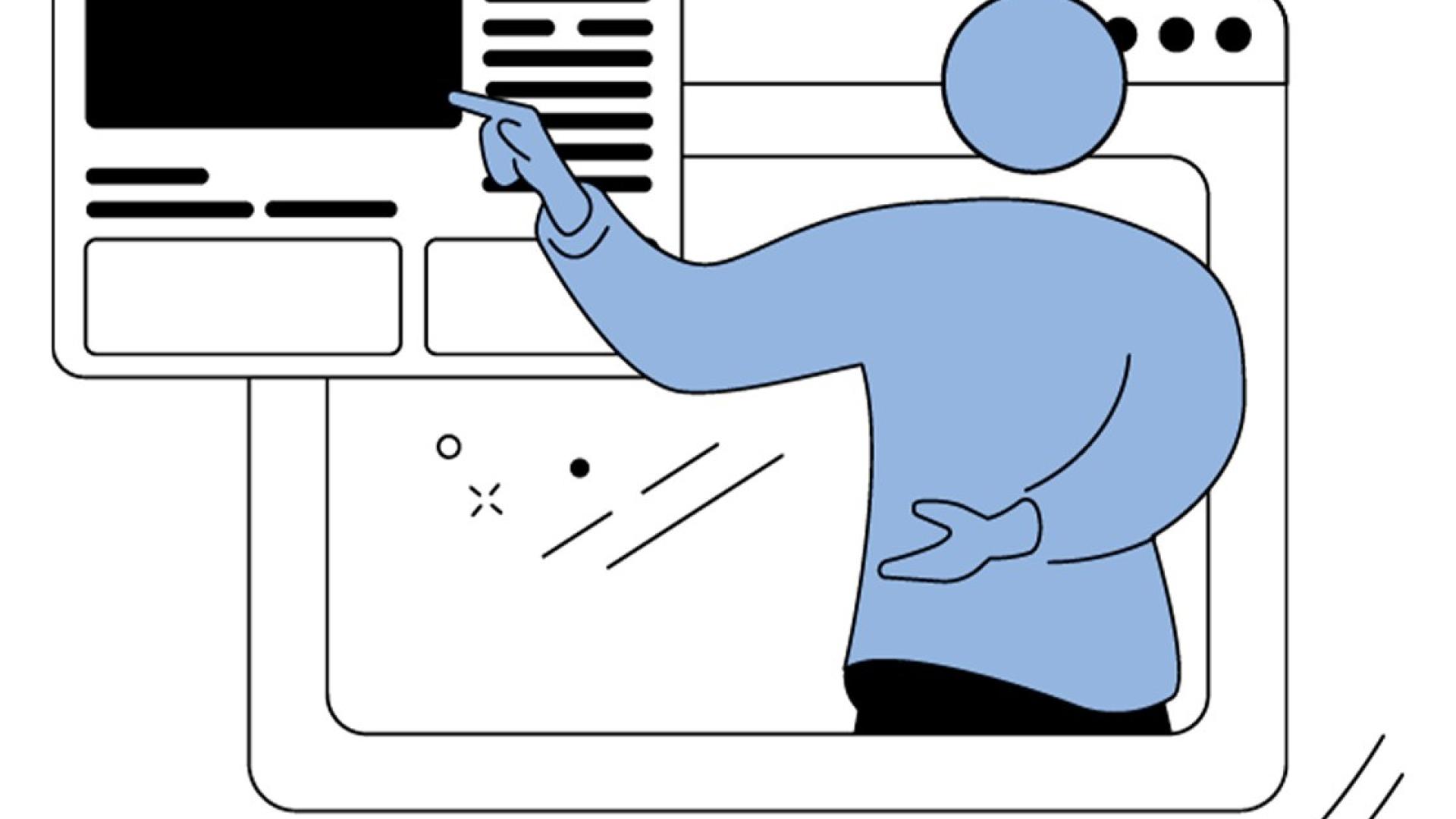New policy proposals (NPPs)
Upcoming events

This course is delivered from 16/02/2026 to 17/02/2026, by face-to-screen consisting of two 8-hour sessions.

This course is delivered from 24/02/2026 to 25/02/2026, by face-to-screen consisting of one 6.5-hour session and one 2.5 session.

This course is delivered on 05/03/2026, by face-to-screen consisting of one 8-hour session.

This course is delivered from 24/03/2026 to 25/03/2026, by face-to-screen consisting of one 6.5-hour session and one 2.5 session.

This course is delivered on 09/04/2026, by face-to-face consisting of one 8-hour session.

This course is delivered from 22/04/2026 to 23/04/2026, by face-to-screen consisting of two 8-hour sessions.

This course is delivered on 23/04/2026, by face-to-face consisting of one 8-hour session.

This course is delivered from 11/05/2026 to 12/05/2026, by face-to-face consisting of two 8-hour sessions.

This course is delivered from 12/05/2026 to 13/05/2026, by face-to-face consisting of two 8-hour sessions.

This course is delivered on 14/05/2026, by face-to-screen consisting of one 8-hour session.

This course is delivered from 19/05/2026 to 20/05/2026, by face-to-face consisting of two 8-hour sessions.

This course is delivered from 26/05/2026 to 27/05/2026, by face-to-screen consisting of one 6.5-hour session and one 2.5 session.

This course is delivered on 10/06/2026, by face-to-face consisting of one 8-hour session.

This course is delivered on 11/06/2026, by face-to-face consisting of one 8-hour session.

This course is delivered from 15/06/2026 to 16/06/2026, by face-to-screen consisting of two 8-hour sessions.

This course is delivered on 15/06/2026, by face-to-face consisting of one 8-hour session.

This course is delivered on 24/06/2026, by face-to-face consisting of one 8-hour session.
Courses

This course introduces APS staff to benefits realisation management and provides practical examples of its application.

Learn the skills required to design, develop and deliver a briefing. Understand the development and role of question time briefs, ministerial talking points for media engagements, ministerial advisor briefings, hot issues briefings, ministerial submissions and second reading speeches.

Build the knowledge, skills, and tools necessary to engage in gender analysis across various public policy fields.

This course is aimed at employees seeking to understand the key processes and considerations for preparing a New Policy Proposal.

This package defines the four core elements required for delivering great policy advice: being clear on intent; being well informed; solutions are practical to implement; and advice is influential.

This eLearning is an introduction to the model for Great Policy Advice. It defines the four pillars of delivering great policy advice and includes video real-world examples.

This course introduces APS staff to evaluation in the Australian Government context. Concepts are covered with Commonwealth Evaluation Policy principles and practical examples.

Gain practical and usable knowledge on cabinet submissions and the Cabinet process, leveraging the knowledge of Prime Minister and Cabinet’s Cabinet Division.

This course introduces public servants to program logic models for policy, project and program development, implementation and evaluation. Program logic models are visual tools for thinking about the way an intervention is intended to create a desired change.

This course will assist APS policy, program and project staff to understand what randomisation is and how to apply it in their own work.
Resources
Tools, guidance and resources to support staff in understanding, valuing and practicing good record keeping - ensuring continued delivery of trusted and transparent services.
The National Indigenous Australians Agency (NIAA) share key First Nations Impacts Framework resources to assist with the development of any new policies.
Building APS capability to use futures techniques in policymaking through horizon scanning, visioning and scenario planning.
The Government writing handbook is a companion to the Australian Government Style Manual with greater focus on the craft of writing.
The Style Manual is for everyone who writes, edits or approves Australian Government content. Use it to create clear and consistent content that meets the needs of users.
The Office for Women supports the government’s gender equality priorities and steward gender responsive budgeting by supporting the APS to build gender analysis capability.
The APS Academy has through Cathy Fussell created a series of, ‘How to…’ articles to provide guidance on what information and avenues are available.
This OECD publication discusses how evaluation can help governments improve the design and implementation of public policies for better outcomes.
Multiple different Impact Analysis processes are now required during new policy development. Five key Agencies have combined to share key resources you need to know when developing any new policy
A series of bite-sized policy theory brought to you by the Australian National University (ANU) and the Australia and New Zealand School of Government (ANZSOG).
Templates to help articulate your policy proposal and policy idea.
The purpose of this handbook is to provide a description of the procedures involved in making Commonwealth Acts.
User research helps you learn about your users and create services to meet their needs. The Digital Transformation Agency provides a useful guidance on user research.
A series of videos that answer common questions on having a solid evidence base for best practice policy making, which is also a Government requirement.
The framework is made up of seven key questions, your answers to which will provide decision makers with a strong evidence base to support informed policy decisions.
The Office of Parliamentary Council provides training and advice relating to drafting and legislative processes.



